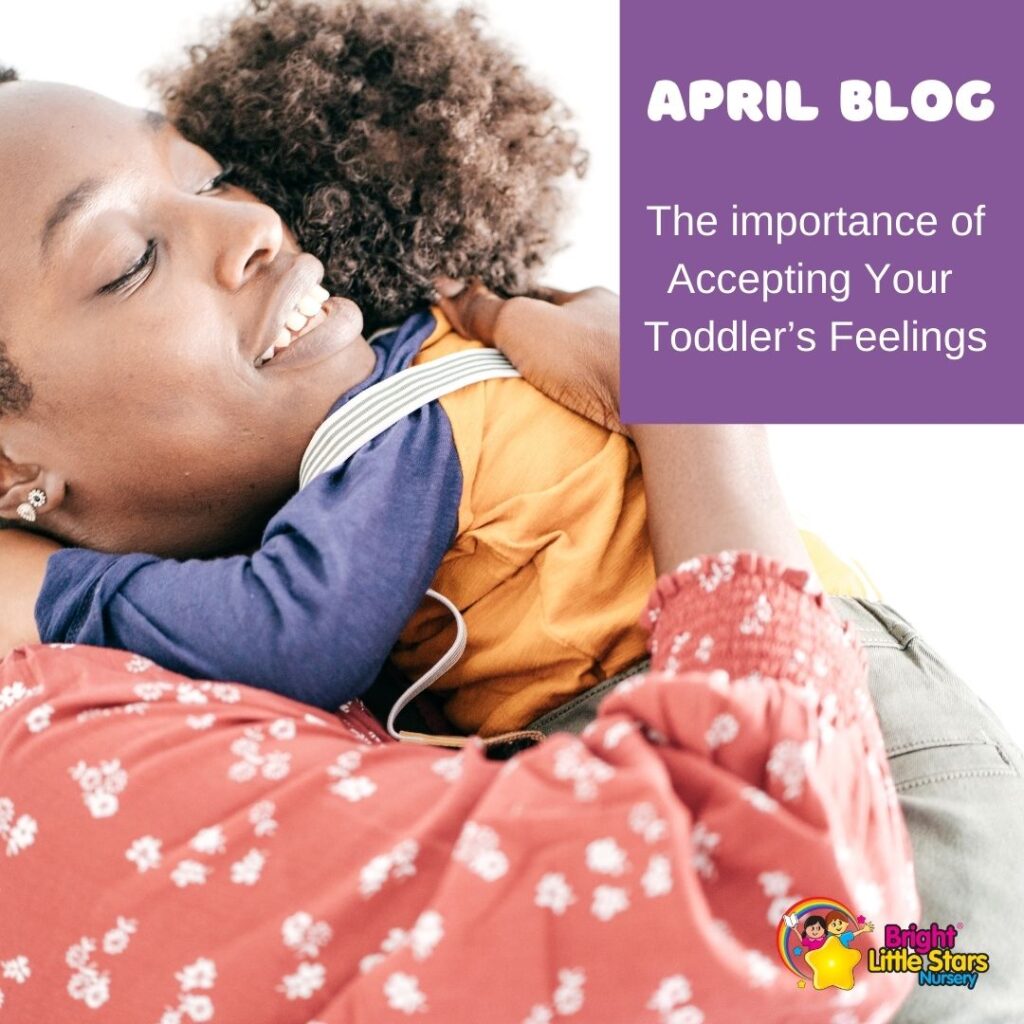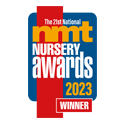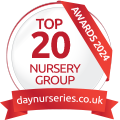We talk a lot, as parents, about a certain period of childhood development that can be challenging for both child and parent. You may have heard this period referred to as the ‘terrible twos’ or the period where your child is a ‘threenager’. So-called because of the frequent upsets and tantrums, we know it can feel chaotic and lots of parents seek help and advice, so that they can do the best they can with the present, to create firm foundations for the future.
What’s Happening During This Time?
In order to know how best to move forward during this time, it is important to first understand where your child is coming from. The toddler period is an incredible stage of development in which your child is learning language for how they are feeling, they are learning to read and tune in to people’s body language and emotions and they are applying what they feel to what they understand about the world.
It’s natural, as a parent, to feel that your child is reacting unreasonably. How do you think the ‘Reasons My Son is Crying’ Twitter account went viral? We know, as adults, that being given a different colour cup than the one you were hoping for, your sandwich being finished and being told not to touch the hob are all no need to cry! But encouraging talking about feelings as a natural daily habit is a great way to ensure your children have excellent communication skills and that they feel heard.
Talking Feelings Decreases Tantrums
Talking it out with your toddler actually helps them develop an understanding of themselves and how best to get your attention. Often, your toddler just wants to feel heard and understood, so stopping what you are doing, making eye contact and okaying their feelings, is the first step to calming them down. Here’s your step-by-step guide from there.
Name the Feeling
Show your child that you have acknowledged their feelings and attempt to name it so they can understand too. For example, “I see that you are upset”, “it looks like you’re frustrated”, “I see that you don’t want to do it”. Remember we are only guessing how they feel, so words like “I think”, “it seems” or “it looks like” are helpful. It is also good to remind children that no feeling is wrong. It’s okay to feel angry or sad sometimes too. It’s the behaviour that follows the feeling that sometimes needs adjusting.
Link the Feeling to a Cause
Toddlers tend to act on impulse and emotion, so verbalising that you understand where their feelings got hurt is important. That might look like, “You’re nervous to go to this party. It is okay to feel nervous” or “You’re angry because your brother took your toy, it’s okay to feel angry sometimes”.
Set the Boundaries
You must let your child know that it is okay to have feelings but there are better ways of expression. Build upon your naming and causation but set a boundary. For example, “You’re nervous to go to this party. It is okay to feel nervous. It is not okay to throw your clothes around. We’re going to tidy this up now”. Or ‘‘You’re angry because your brother took your toy, it’s okay to feel angry sometimes. It is not okay to hit or hurt someone. I’m going to split you, so you play in different rooms while you calm down. That way everyone is safe.”
Through this open communication, especially when practised frequently, you’ll build a better foundation of trust and help your toddler to see better methods of expression and understand how best to behave in the moment. Managing emotions will come in time. Having a safe and open space to discuss them and how to handle them in healthier ways, gives them the opportunity to verbalise their feelings themselves. In time, your toddler will learn to say, “I’m so ANGRY!” instead of demonstrating their anger by throwing their plate across the room. Trust us, it’s possible!
Contact Bright Little Stars Nursery
To learn more about Bright Little Stars Nursery in Barnet, Stanmore, Harrow, Mill Hill, Stratford or Watford and our exclusive Parent Area, please feel free to contact us on 02071004662 or visit our website for more information.














